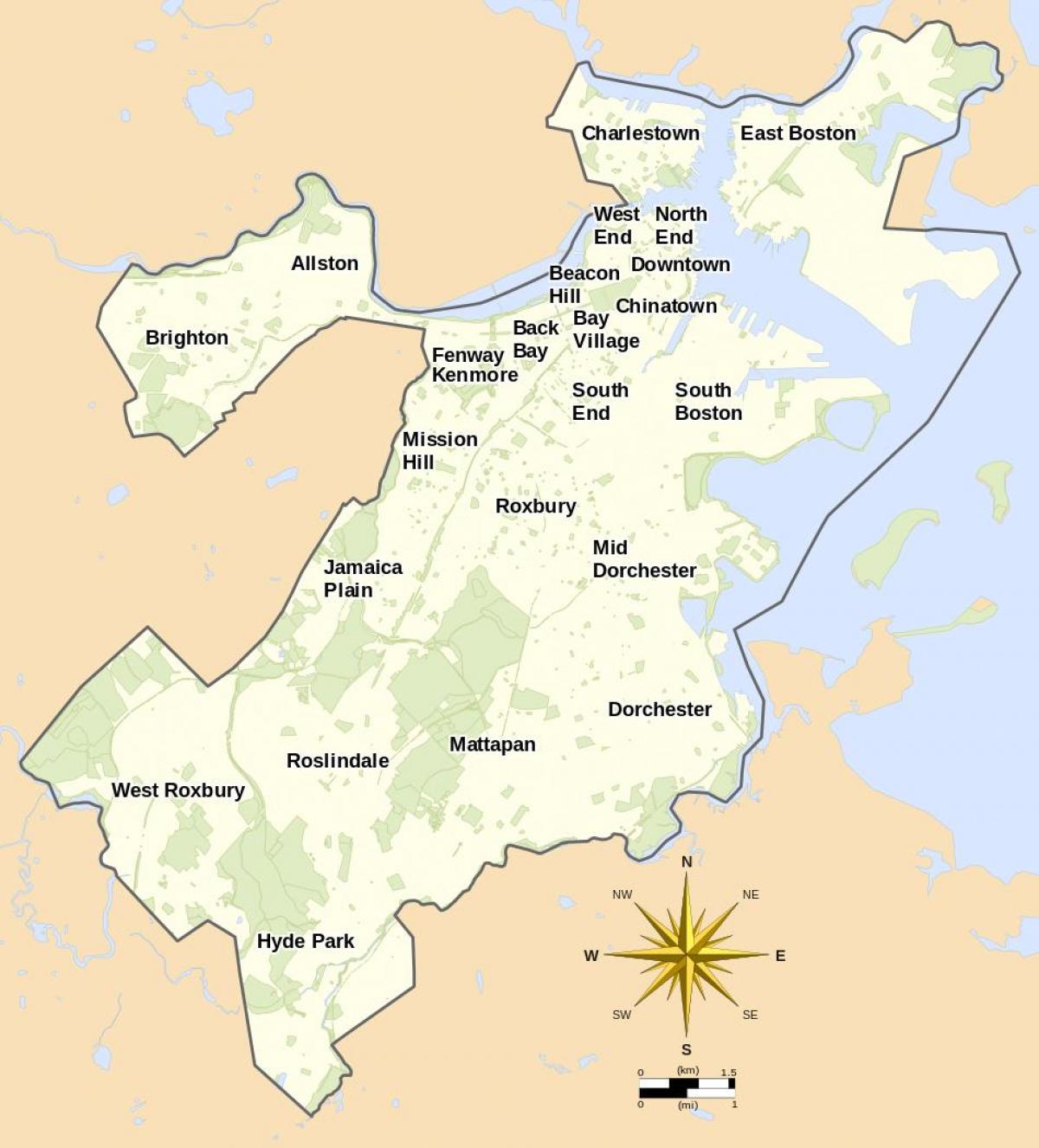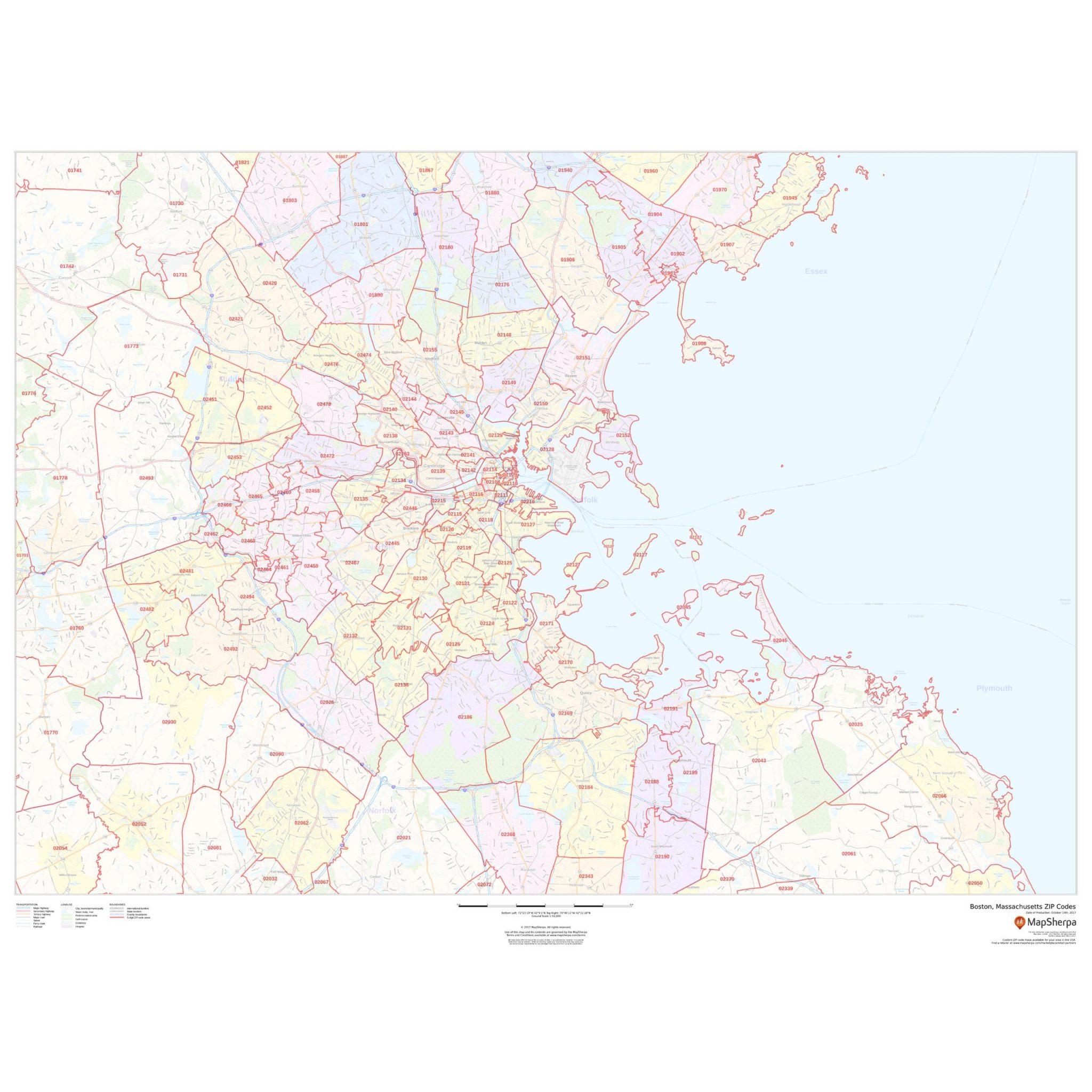Ever wondered what those three digits before your phone number mean? Well, buckle up because we're diving headfirst into the world of Boston area codes. These seemingly random numbers are more than just digits; they’re a gateway to understanding the vibrant neighborhoods and historical roots of Beantown. Whether you're a local or just visiting, knowing your area codes can help you navigate the city like a pro.
Now, let’s be real for a second—area codes might not seem like the most exciting topic in the world, but trust me, they hold secrets about the city that even some long-time residents don’t know. From the bustling streets of Downtown Boston to the serene beauty of Cambridge, these codes tell a story. And hey, who doesn’t love a good story?
In this article, we’ll break down everything you need to know about Boston area codes. We’ll explore their origins, how they’ve evolved over time, and why they matter in today’s interconnected world. So, grab a cup of coffee (or a cold Sam Adams, if you’re feeling fancy) and let’s get started.
Read also:Pirata De Culiacan Autopsy The Untold Story Behind The Controversy
Understanding the Basics of Area Codes
Before we jump into the specifics of Boston, let’s take a quick step back and talk about what area codes actually are. An area code is a three-digit number that identifies a specific geographic region within a country. In the U.S., these codes were first introduced in 1947 as part of the North American Numbering Plan (NANP). The goal? To simplify long-distance calling and make it easier for people to connect across vast distances.
Fast forward to today, and area codes have become an essential part of our communication infrastructure. They help route calls to the right destination and play a crucial role in ensuring that our phones work seamlessly. But here’s the kicker—area codes can also reveal a lot about where you’re calling from or to.
Why Do Area Codes Matter?
Area codes aren’t just about making calls; they’re also about identity. Think about it—when you see a number with a 617 prefix, you immediately know it’s coming from Boston. It’s like a little piece of the city traveling through the airwaves. And in a world where digital communication dominates, having a tangible connection to a place can be pretty powerful.
- Area codes help establish geographic location.
- They can influence how people perceive you professionally or socially.
- In some cases, they even carry cultural significance.
So, whether you’re a business owner looking to expand in Boston or a tourist planning your next trip, understanding the area codes can give you a leg up.
Area Codes of Boston: A Historical Perspective
Let’s rewind the clock and take a look at how Boston’s area codes came to be. Back in the day, Boston was assigned the 617 area code, which originally covered the entire city and surrounding areas. It was one of the first codes established under the NANP, and for decades, it was the only code you needed to know if you were calling Boston.
But as the city grew—both in population and economic significance—the demand for phone numbers skyrocketed. Enter overlay area codes, which are additional codes introduced to accommodate the increasing number of users without disrupting existing numbers. In Boston’s case, this led to the introduction of the 857 area code in 1997.
Read also:Vivienne Marcheline Joliepitt The Life Legacy And Mystique
617 vs. 857: What’s the Difference?
Now, you might be wondering—what’s the big deal between 617 and 857? Well, here’s the scoop:
- 617: This is the original area code and is often associated with the heart of Boston. It covers the downtown area, Fenway Park, and other iconic landmarks.
- 857: Introduced as an overlay, 857 serves the same geographic area as 617 but is typically associated with newer phone numbers. Think startups, tech companies, and younger residents.
While both codes cover the same territory, they can sometimes carry different connotations. For example, having a 617 number might suggest a deeper connection to the city’s history, while an 857 number could indicate a more modern, forward-thinking approach.
The Evolution of Boston Area Codes
As Boston continues to grow, so do its telecommunications needs. Over the years, the city has seen several changes to its area codes, reflecting its evolving landscape. One of the most significant developments came in the late 1990s when the 857 overlay was introduced. This move was necessary to meet the demands of a rapidly expanding population and the rise of mobile phones.
But the story doesn’t end there. With the advent of new technologies and the increasing reliance on digital communication, the need for additional area codes may arise in the future. In fact, some experts predict that Boston could see another overlay within the next decade. So, stay tuned!
How Area Codes Impact Business and Communication
For businesses operating in Boston, area codes can have a significant impact on how they’re perceived. A company with a 617 number might be seen as more established and traditional, while an 857 number could suggest innovation and forward-thinking. This perception can influence everything from customer trust to brand identity.
Moreover, area codes play a crucial role in local SEO (Search Engine Optimization). Businesses with local numbers are often prioritized in search results, making it easier for potential customers to find them. So, if you’re running a small business in Boston, having the right area code can make all the difference.
Common Misconceptions About Area Codes
There are plenty of myths and misconceptions floating around about area codes, especially in a city as dynamic as Boston. Let’s bust a few of them:
- Myth #1: Area codes determine the quality of your phone service. Not true! Your service quality depends on your provider, not your area code.
- Myth #2: Newer area codes are less reliable. Wrong again! All area codes are treated equally by telecom providers.
- Myth #3: You can’t keep your number if you move. False! Thanks to number portability, you can take your number with you when you relocate.
Understanding these misconceptions can help you make informed decisions about your phone service and avoid unnecessary headaches.
How to Find Your Area Code
Whether you’re a new resident or just curious about the area codes in your neighborhood, finding them is easier than you think. Here are a few simple steps:
- Check your phone bill or contact your service provider.
- Use online resources like area code lookup tools.
- Ask your neighbors or local businesses.
And if you’re planning to move to Boston, don’t forget to research the area codes in your target neighborhood. It could save you a lot of trouble down the line.
Tips for Choosing the Right Area Code
If you’re setting up shop in Boston or starting a new business, choosing the right area code is crucial. Here are a few tips to help you make the best decision:
- Consider your target audience and their preferences.
- Think about the image you want to project.
- Check the availability of numbers in your desired area code.
Remember, your area code is more than just a number—it’s a reflection of your identity and values.
Fun Facts About Boston Area Codes
Let’s lighten things up a bit with some fun facts about Boston’s area codes:
- The 617 area code was one of the first 86 original codes established in 1947.
- Boston’s area codes have been featured in movies, TV shows, and even music.
- There’s a small but passionate community of area code enthusiasts who track changes and developments.
Who knew area codes could be so fascinating? Sometimes, the smallest details hold the biggest stories.
Future Developments in Boston Area Codes
As technology continues to evolve, so will the way we use area codes. In the near future, we might see:
- New overlays to accommodate growing demand.
- Increased use of virtual numbers for remote workers.
- Enhanced security measures to protect against fraud and scams.
While it’s impossible to predict exactly what the future holds, one thing is certain—area codes will remain an integral part of our communication landscape.
Staying Safe in the Digital Age
With the rise of phishing scams and identity theft, it’s more important than ever to stay vigilant when it comes to your phone number. Here are a few tips:
- Be cautious of unsolicited calls or texts.
- Use caller ID apps to verify unknown numbers.
- Report suspicious activity to the authorities.
Your area code is a valuable asset, so treat it with care.
Conclusion: Why Area Codes Matter
In conclusion, Boston area codes are more than just numbers—they’re a reflection of the city’s rich history and dynamic present. Whether you’re a resident, visitor, or business owner, understanding these codes can enhance your experience in Beantown. So, the next time you pick up the phone, take a moment to appreciate those three little digits—they might just tell you more about Boston than you ever imagined.
Now, it’s your turn! Share your thoughts, ask questions, or check out our other articles for more insights into the world of telecommunications. Together, let’s keep the conversation going.
Table of Contents
- Understanding the Basics of Area Codes
- Area Codes of Boston: A Historical Perspective
- The Evolution of Boston Area Codes
- Common Misconceptions About Area Codes
- How to Find Your Area Code
- Fun Facts About Boston Area Codes
- Future Developments in Boston Area Codes
- Staying Safe in the Digital Age
- Conclusion: Why Area Codes Matter


